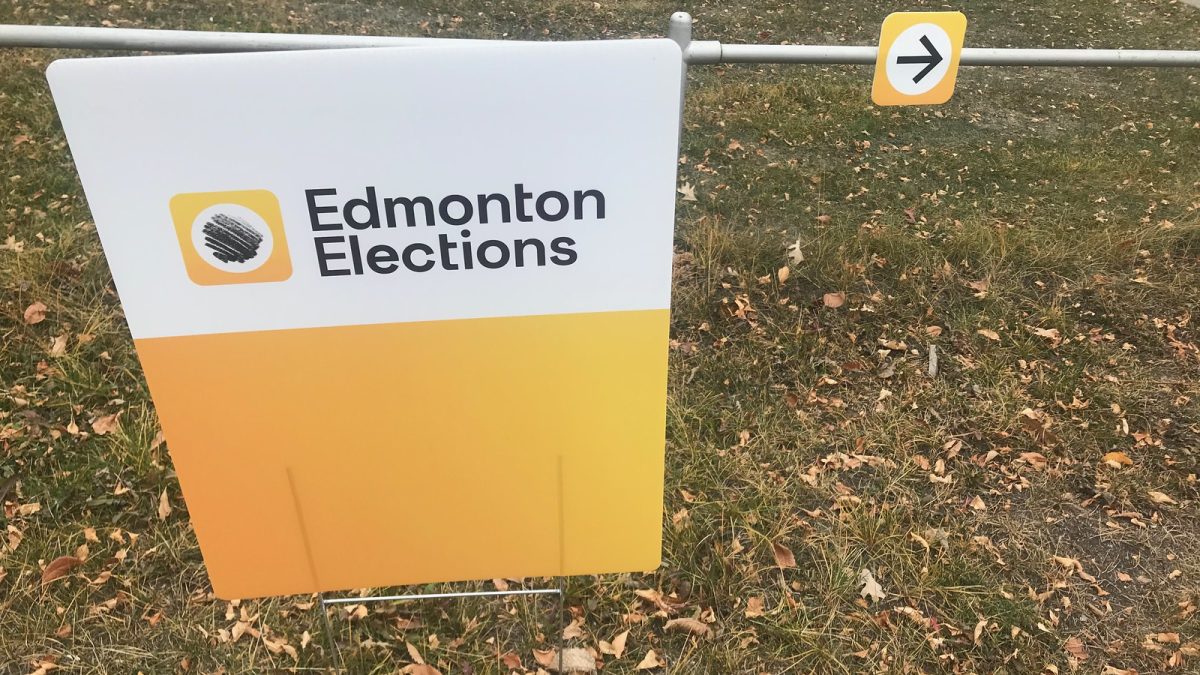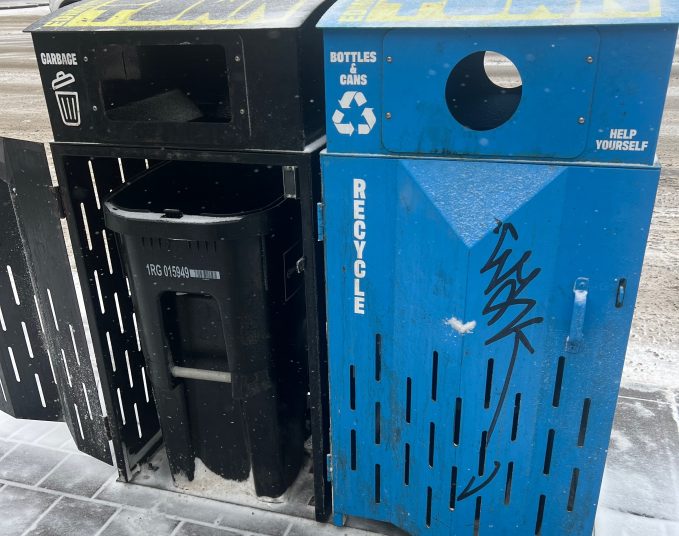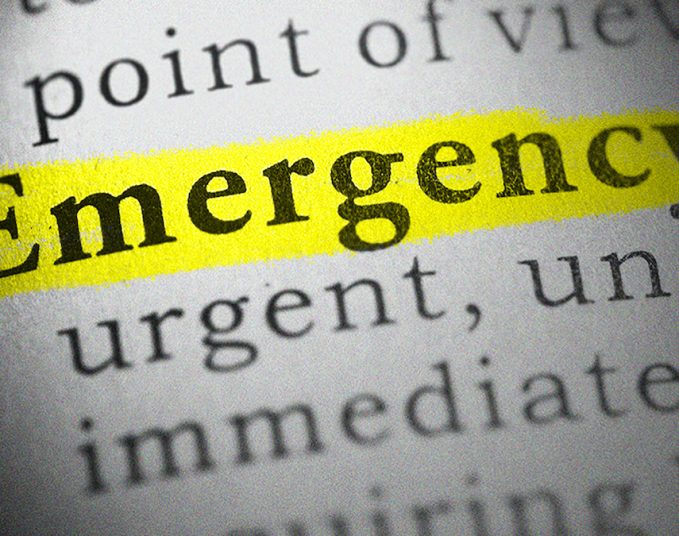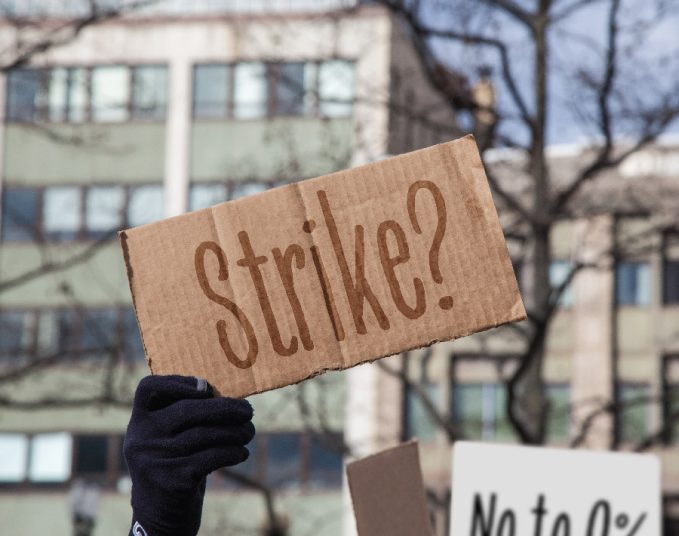It is October 20, 2025. Edmontonians are heading to their local schools and community centres to cast votes in the municipal election.
But this election is different. Thanks to the passing of Bill 20, the province has changed the way that municipal elections are conducted.
There are longer lineups, as the new voter registry means it takes longer to verify voters’ identities and ensure they’re eligible to cast ballots. A paper ballot is handed to voters. An array of golf pencils await them in the booth. There are no mechanical aids for disabled voters.
When the polls close, 250,000 ballots — about 10,000 more than the 2021 election — need to be counted in order to determine the mayoral race. We wait and wait for results. And we still wait. The vote is close, and all of the ballots need to be counted by hand.
In the end, we find out that Edmontonians have elected seven council members from the same political party, including the mayor. An opposing party sends four members to council. Two independents are chosen.
Any race where the second-place finisher gets within 0.5 per cent of the winning candidate’s vote total is up for possible recount. It is up to the second-place finishers to decide if they want to trigger these counts or not.
And, with wider campaign windows, just three months after the election, people are already declaring their intent to run in the 2029 election. Knowing that they’re perpetually campaigning, the sitting city councillors regularly sing their own praises in council meetings, and put down members of opposing parties.
It might be a stretch to call it “dystopian,” but this is what we could see if the province passes Bill 20, and doesn’t amend it either before or after its passing.
Tara Ward, Edmonton’s director of corporate records, elections, and information management, spoke at a special city council meeting held this week to assess the potential impacts of Bills 18 and 20. Bill 20, as it stands, would allow for political parties to exist in Edmonton and Calgary on a trial basis, enlarge campaign windows and ban election-day automation. It would call for permanent-elector registries.
“In Edmonton, the voter experience will change significantly from the past 20 years,” Ward said.
She warned that the need for a registry of permanent electors will mean the City will need the infrastructure and staff to maintain it.
And she’s worried that the loss of voting machines would hamper disabled Edmontonians’ ability to independently cast ballots. If an attendant is needed to help cast a paper ballot, a key part of the democratic process — that you can keep your voting intentions secret — is lost.
Council unanimously supported a motion that would see Mayor Amarjeet Sohi lobby the province to rescind Bills 18 and 20 for the spring session, so more discussion can be had about their impacts on municipalities and public institutions. Bill 18 would require municipalities, school boards and universities to ensure that all deals they make with the federal government be vetted and approved by the province.
The motion — and its passage — was 100 per cent symbolic. It’s the political equivalent of tossing pebbles at a tank.
“This is very much about doing the engagement part, this is not about expressing our personal opinions, or even council’s collective opinions on those pieces of legislation,” said Coun. Andrew Knack.
He said municipalities and the province need to undertake a “thorough process.” And, if the province wants to bring back Bills 18 and 20, it could still pass them with a year to spare before the 2025 municipal elections.
“Have we understood in full the unintended consequences of these decisions? We need to make sure that work is being done thoughtfully.”
Savvy AF. Blunt AF. Edmonton AF.




